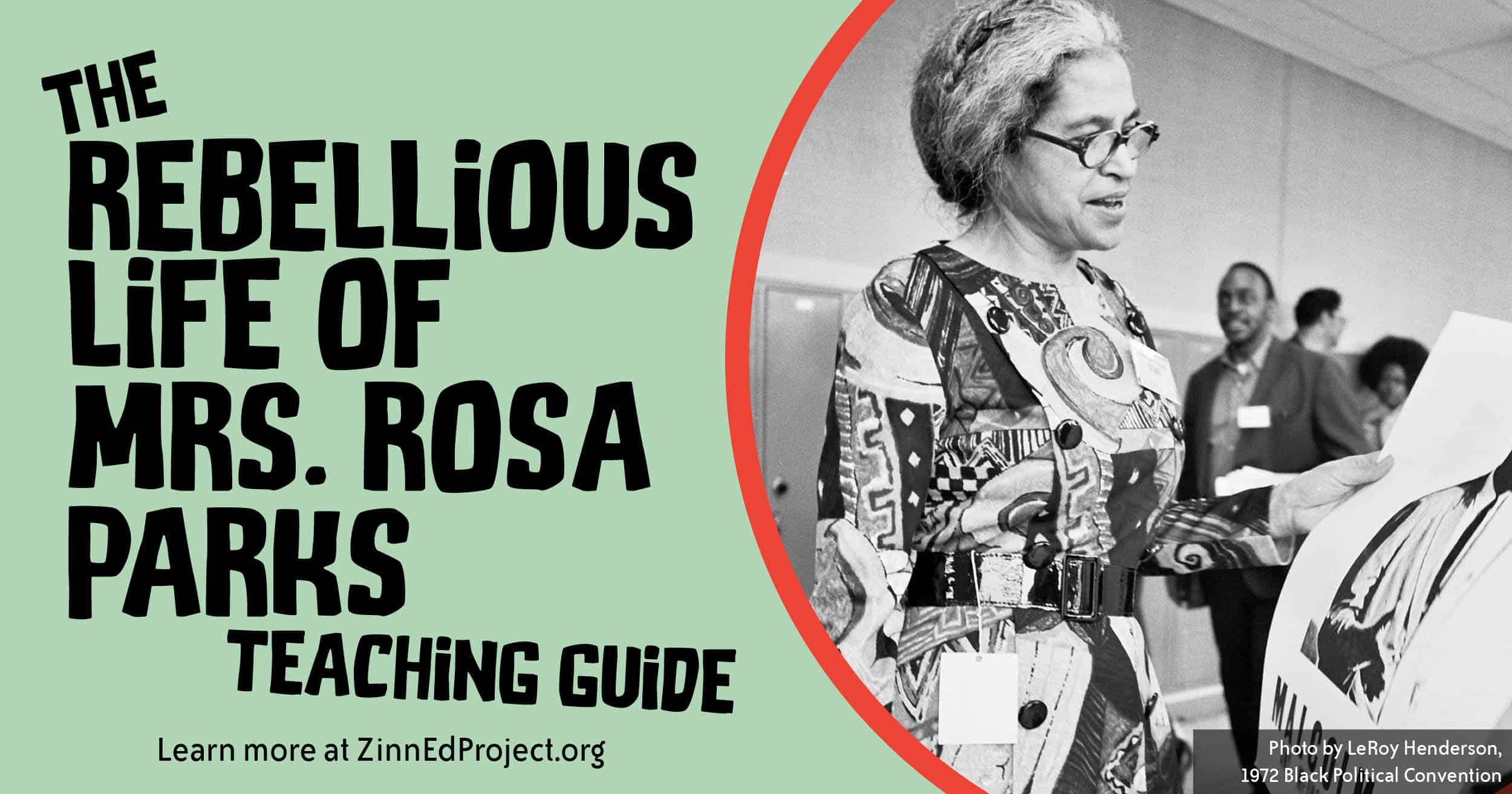
Rosa Parks is one of the most well-known U.S. women of the 20th century and yet much of what has been taught about her is narrow, limited, and at times wrong. This is changing thanks to the release in 2021 of the young adult book, The Rebellious Life of Mrs. Rosa Parks and a new film with the same title — both based on the Parks’ biography by Jeanne Theoharis.
The book and the documentary film (produced by Soledad O’Brien Productions and directed by Yoruba Richen and Johanna Hamilton) depict Rosa Parks’ life-long dedication to justice. They chronicle her childhood, her activism before and during the historic Montgomery Bus Boycott, her work for Congressman John Conyers in Detroit, and her involvement in many causes, such as voting rights, anti-apartheid, reparations, fair housing, women’s rights, and the fight against police violence.
To assist teachers in introducing the book and film to students, Jeanne Theoharis convened a group of middle and high school teachers and teacher educators to develop lessons and related teaching ideas. In addition to Theoharis, the team members were Say Burgin, Jesse Hagopian, Tiffany Mitchell Patterson, Cierra Kaler-Jones, Ursula Wolfe-Rocca, and Jessica Rucker. Two of the lessons have been added to the Zinn Education Project collection. Others are in the process of review and they are all listed below.
The Zinn Education Project is also making copies of the young readers’ book available to teachers and offered screening licenses to educators in 2023. The lesson development, book distribution, and educator film screenings are made possible by Soledad O’Brien Productions and funded by The Ford Foundation.
Lessons and Teaching Ideas
There are a range of lessons to choose from, depending on where teaching about Rosa Parks fits in your curriculum and how much time you have.
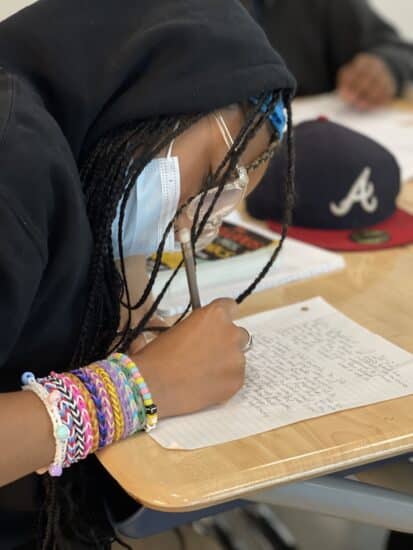 While you could use any combination of lessons, each one stands alone. The lessons can be used as a preface to the film or alongside it and ideally paired with the young readers’ book, but that is not essential.
While you could use any combination of lessons, each one stands alone. The lessons can be used as a preface to the film or alongside it and ideally paired with the young readers’ book, but that is not essential.
Some of the lessons focus on why Rosa Parks is so widely misunderstood — and what this says about national myths, histories, and memorialization. For example, “Rosa Parks: Countering the Master Narrative” and “Why Is This Timeline So Boring and Short?.”
Others take a deeper dive into a particular event or topic in history. For example, “The Montgomery Bus Boycott: Understanding the Organizing Tradition” and “Teaching About Northern Racism Through Rosa Parks’ Detroit.” A Word Bank includes definitions of terms from the lessons and related readings that may be unfamiliar to students.
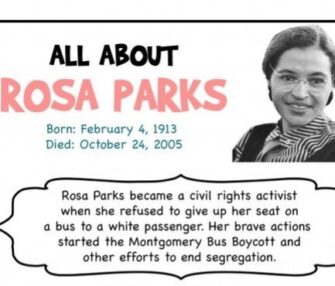 |
Rosa Parks: Countering the Master Narrative With a short video clip and readings with competing viewpoints, students learn about master narratives and counternarratives and how they apply to Rosa Parks’ life as an introductory activity before watching the film or reading the book, The Rebellious Life of Mrs. Rosa Parks. | One day |
 |
Teaching About Algorithms Through Mrs. Rosa Parks’s Life (Coming Soon) In this lesson, students explore the concept of algorithms, how they are developed, and why they are important to understand. By learning the truthful history about Mrs. Rosa Parks’ life and then examining which photos of her come up most frequently in a Google search, students analyze critical connections between why and how algorithms can promote the master narrative. This lesson would be a follow-up to “Rosa Parks: Countering the Master Narrative” lesson above. |
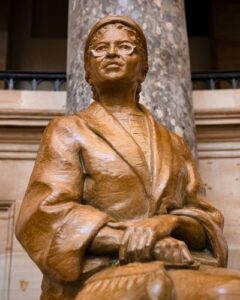 |
How Should Rosa Parks’ Legacy Be Memorialized? This lesson focuses on how Rosa Parks’ legacy is memorialized by critically examining her statue at the U.S. Capitol. The lesson provides students an opportunity to learn the fuller story of Rosa Parks’ life and encourages them to use that information to identify how they would memorialize her legacy. This lesson is a powerful follow up to “Rosa Parks: Countering the Master Narrative” lesson above. | Two to three days |
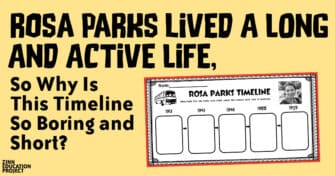 |
Why Is This Timeline So Boring and Short? This timeline activity builds on students’ viewing of the 2022 film, The Rebellious Life of Mrs. Rosa Parks (based on the book of the same name by Jeanne Theoharis). Students evaluate and critique an existing timeline of Mrs. Parks’ life and create a new one, using information from the film, and by talking and collaborating with their peers. | Two or three days |
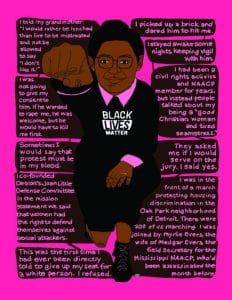 |
The Rebellious Lives of Mrs. Rosa Parks In this mixer activity, every student portrays a different moment in Rosa Parks’ life. Through meeting one another, students surface the patterns of defiance on behalf of justice that coursed through her life. By sharing stories with each other, students pry behind the “she was just tired” myth. This is an ideal activity to do in advance of reading the book or watching the film. | One day |
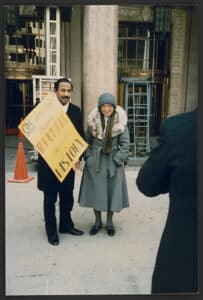 |
Teaching About Northern Racism Through Rosa Parks’ Detroit By engaging a diverse set of sources — including red-lining maps, newspaper articles, tax returns, and high school students’ writing — this lesson uses Rosa Parks’ life in Detroit as a window onto racial segregation and institutional racism in the North. By looking at discrimination in housing, employment, education, and policing, students get to examine the causes of Detroit’s July 1967 uprising. This lesson provides a way to go deeper in Rosa Parks’ Detroit, using the film or book. | Three to four days, with an adaptation for one day |
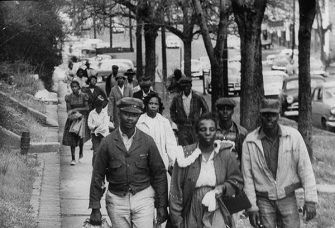 |
The Montgomery Bus Boycott: Understanding the Organizing Tradition This lesson expands students’ knowledge of how Black Montgomery secured a victory in the 1955–56 bus boycott by asking them to pay close attention to activists’ tactics — and what they did as white resistance mounted. It centers on a 20-minute segment of the film, The Rebellious Life of Mrs. Rosa Parks, but can also be used with the book. | Two or three days |
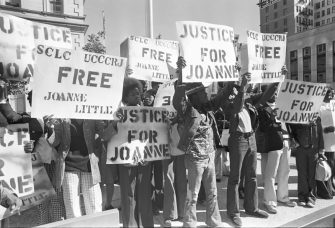 |
Organizing Against Racial and Sexual Violence: Rosa Parks’ Life-Long Pursuit of Justice In this activity, students investigate Rosa Parks’ activism — and the gender and racial injustice to which it was a response — before and after her famous bus refusal. The lesson culminates with students creating a “visual essay” exploring Mrs. Parks’ words and actions. This lesson can be used with the film or book. | A week or more |
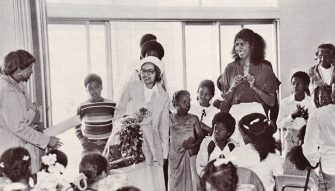 |
Framing Black Power Through the Life of Rosa Parks In this lesson, students explore the core ideas of Black Power through a gallery walk with images and quotes connected to the life of Rosa Parks. After exploring Black Power beyond the media stereotypes, they consider how to define Rosa Parks’s activism. | One to two days |
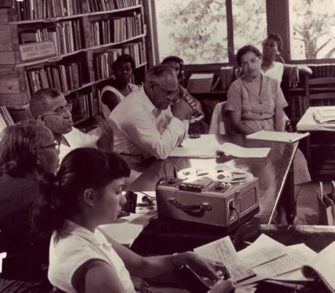 |
If They Could See Her (Coming Soon) A poetry writing activity, based on a phrase by historian Dr. Mary Frances Berry, helps students synthesize and share what they have learned from any one or combination of the lessons above. |
Please let us know if you use any of the lessons.
We will send you a collection of books in appreciation.
We offer suggestions for which lessons to use depending on the time you have available and additional lessons in the accordion tabs below.
Time Required
The lessons work on their own or in combination. They vary in the amount of time needed, and most contain multiple options depending on how much class time you have. Here are some suggestions for how the lessons can be used, depending on how many class days, and your learning goals.
If you only have one or two class periods, with no time to watch the film, try one of the following lessons:
- Rosa Parks: Countering the Master Narrative
- Teaching about Northern Racism Through Rosa Parks’ Detroit (adapted version)
- The Montgomery Bus Boycott: Understanding the Organizing Tradition
- Framing Black Power Through the Life of Mrs. Rosa Parks
- The Rebellious Lives of Mrs. Rosa Parks (mixer activity)
If you have two to three class periods, you could try one of the following:
- How Should Rosa Parks’s Legacy Be Memorialized?
- Why Is This Timeline So Boring and Short?
- Teaching about Northern Racism Through Rosa Parks’ Detroit (adapted version)
- Organizing Against Racial and Sexual Violence: Rosa Parks’ Life-Long Pursuit of Justice
- The Montgomery Bus Boycott: Understanding the Organizing Tradition
- Framing Black Power Through the Life of Mrs. Rosa Parks
If you have a week’s worth of classes, you could do a mix of lessons from the above lists or the full version of Teaching About Northern Racism Through Rosa Parks’ Detroit.
Related Lessons
Below are additional lessons related to the life and causes of Rosa Parks. Other than the last entry, they do not reference Parks in particular. However, they can help students explore the times and struggles she was involved with. We also offer a resource page with books, digital collections, films, key people, podcasts, and more.
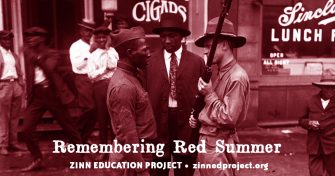 |
Remembering Red Summer — Which Textbooks Seem Eager to Forget by Ursula Wolfe-Rocca Rosa Parks’s “grandfather supported the Garvey movement and, when Klan violence escalated after World War I, he would sit out on the porch with his shotgun to protect the family home. A 6-year-old Rosa would sometimes sit vigil with him.” That would have been during the racist riots of 1919, known as Red Summer. |
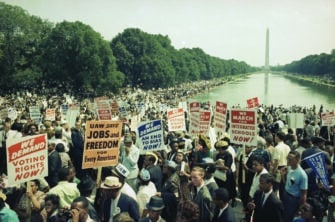 |
Teaching a People’s History of the March on Washington by Jessica Lovaas and Adam Sanchez Rather than a singular and celebratory focus on the Civil Rights Act of 1964 as the rallying cry and outcome of the march, this lesson focuses on the local struggles that made the march possible: the challenges and victories organizers from around the country faced in the years leading up to the march. The goal is for students to think deeply and personally about what motivated individuals, old and young alike, to travel, sometimes thousands of miles, to attend. The lesson features five case studies — Los Angeles; Birmingham, Alabama; Brooklyn; Detroit; and Cambridge, Maryland. |
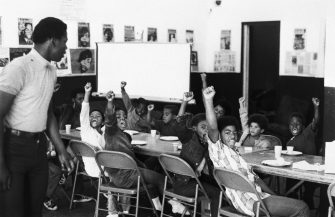 |
What We Don’t Learn About the Black Panther Party — but Should by Adam Sanchez and Jesse Hagopian. A mixer role play introduces students to the pivotal history of the Black Panthers.
|
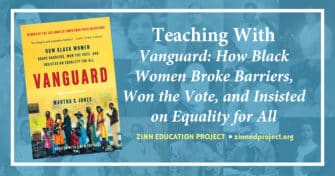 |
by Ursula Wolfe-Rocca Students engage in an interactive activity with short excerpts from Martha Jones’ book to learn about the leading role of Black women in the fight for voting rights throughout U.S. history. |
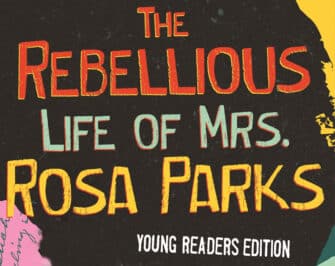 |
The Rebellious Life of Mrs. Rosa Parks for Young People Guide from Beacon Press by Val Brown Discussion questions for each chapter of the young readers’ edition of The Rebellious Life of Mrs. Rosa Parks. |
Find more resources below.

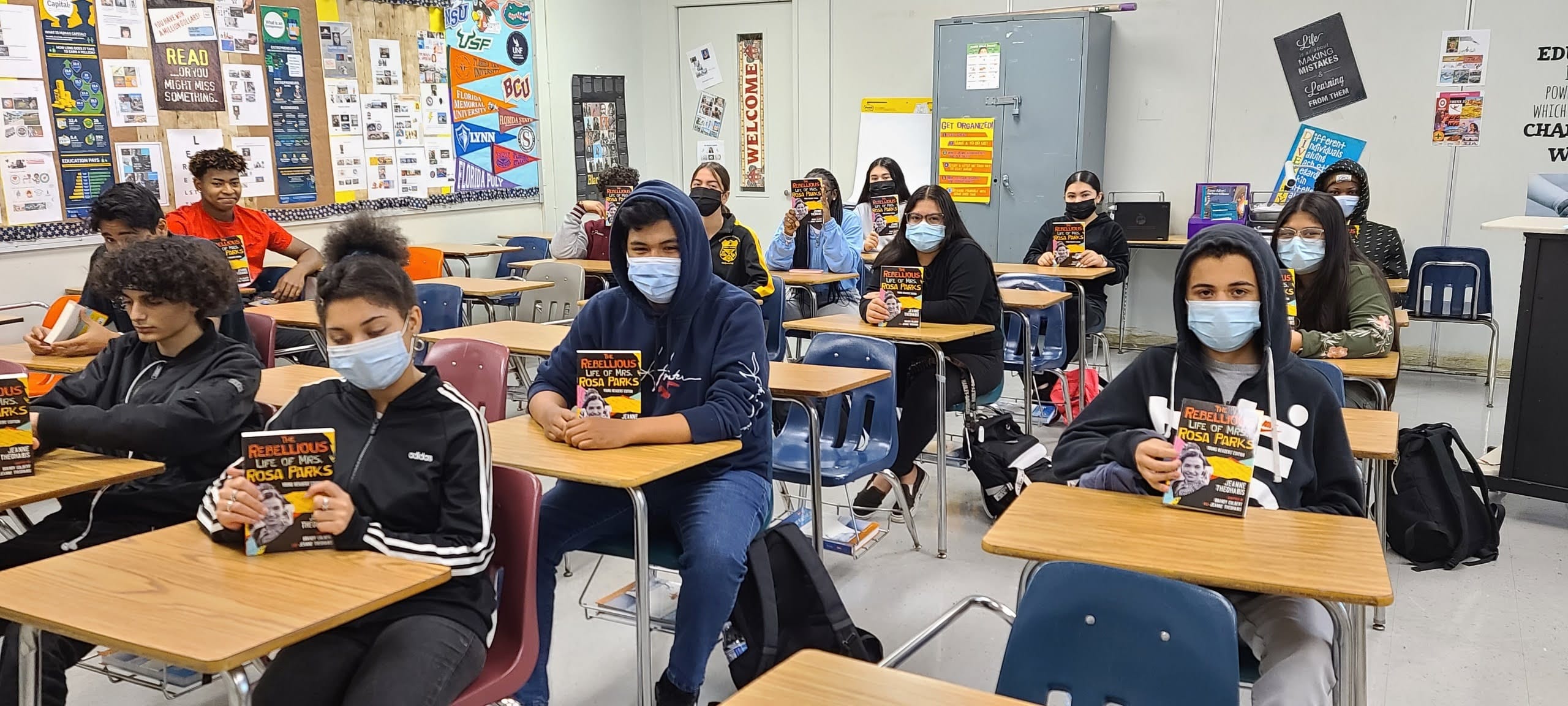
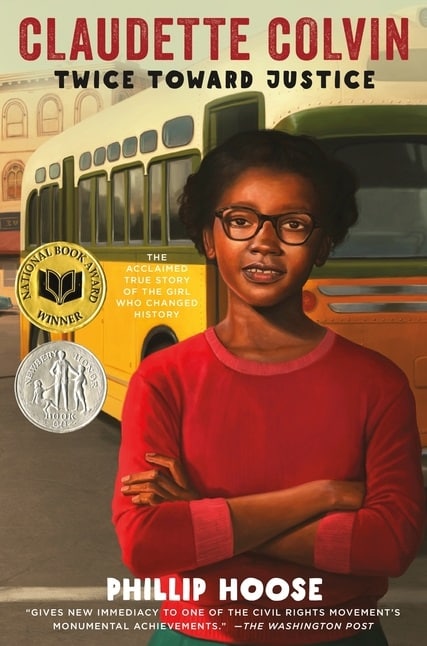
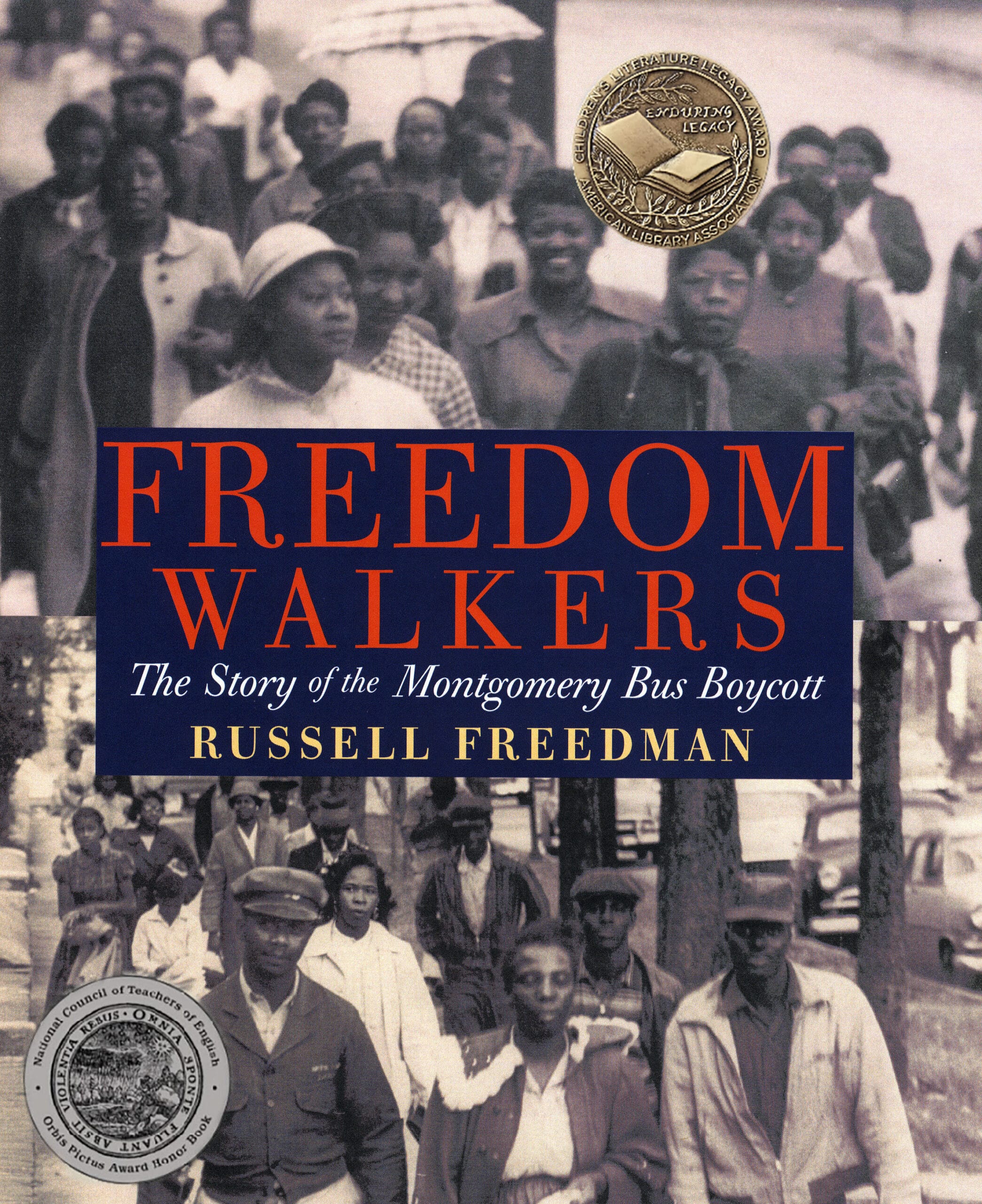
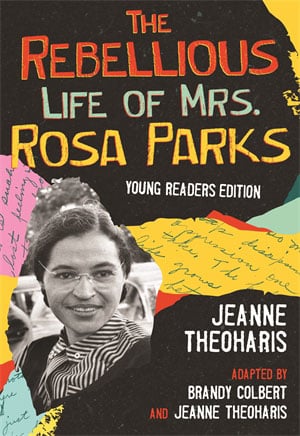
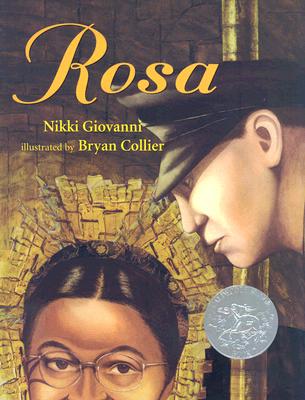
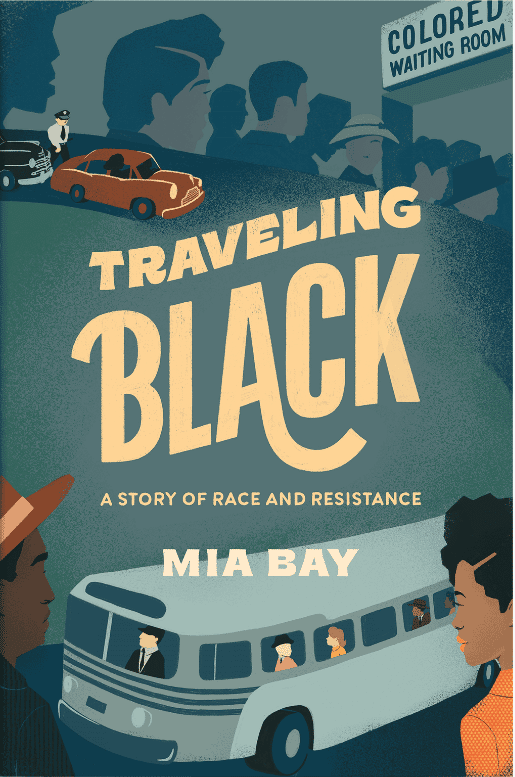
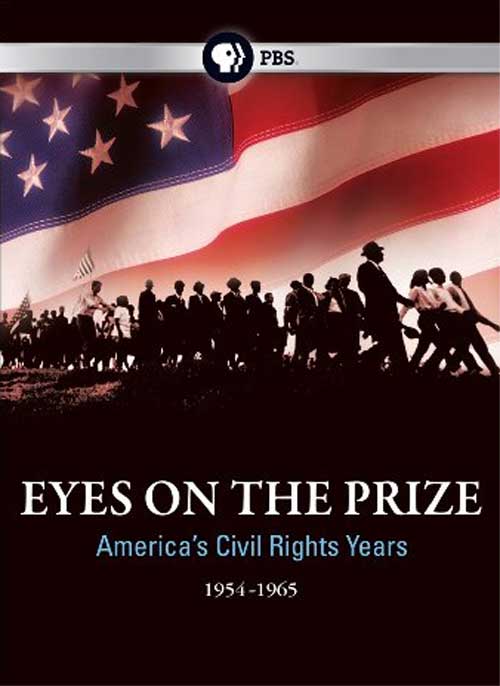
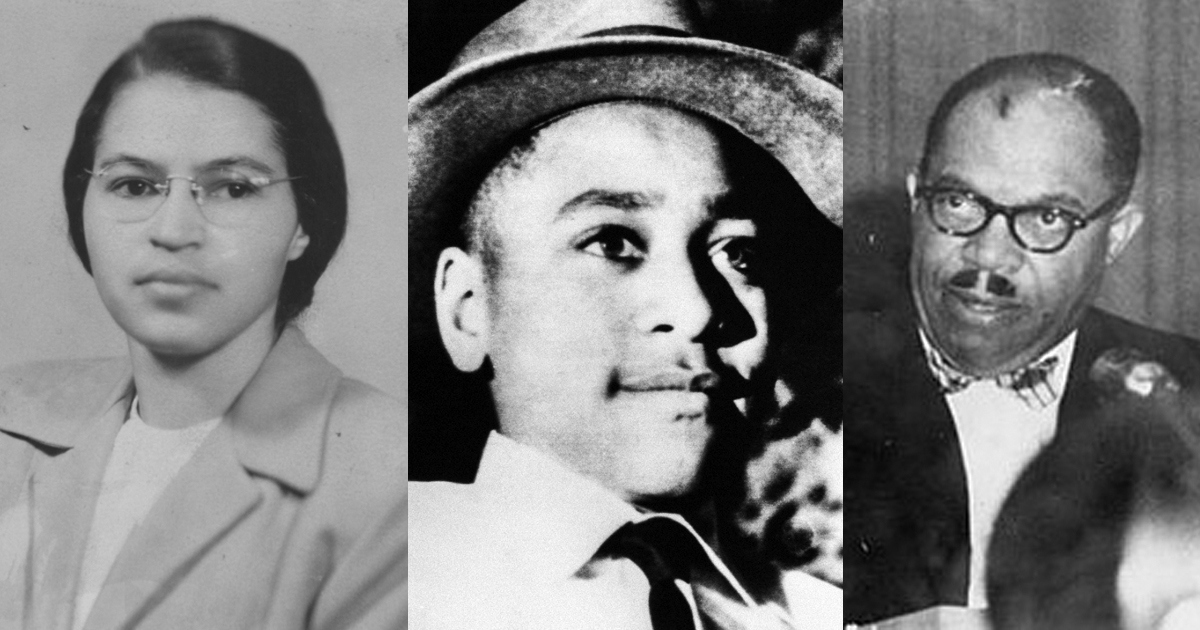
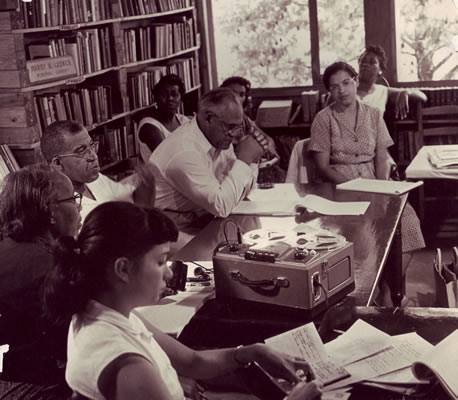
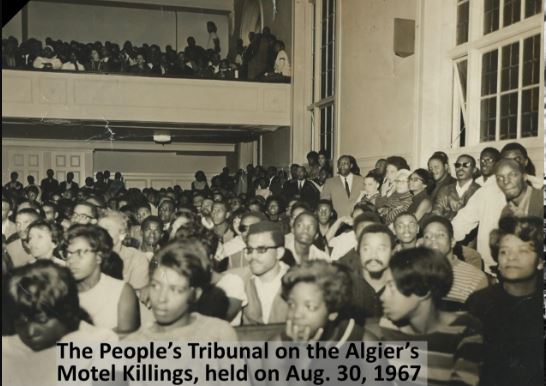
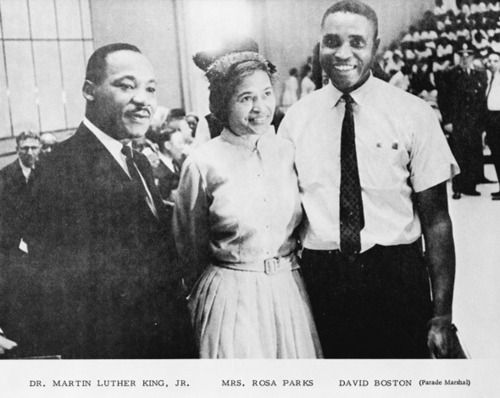





Twitter
Google plus
LinkedIn